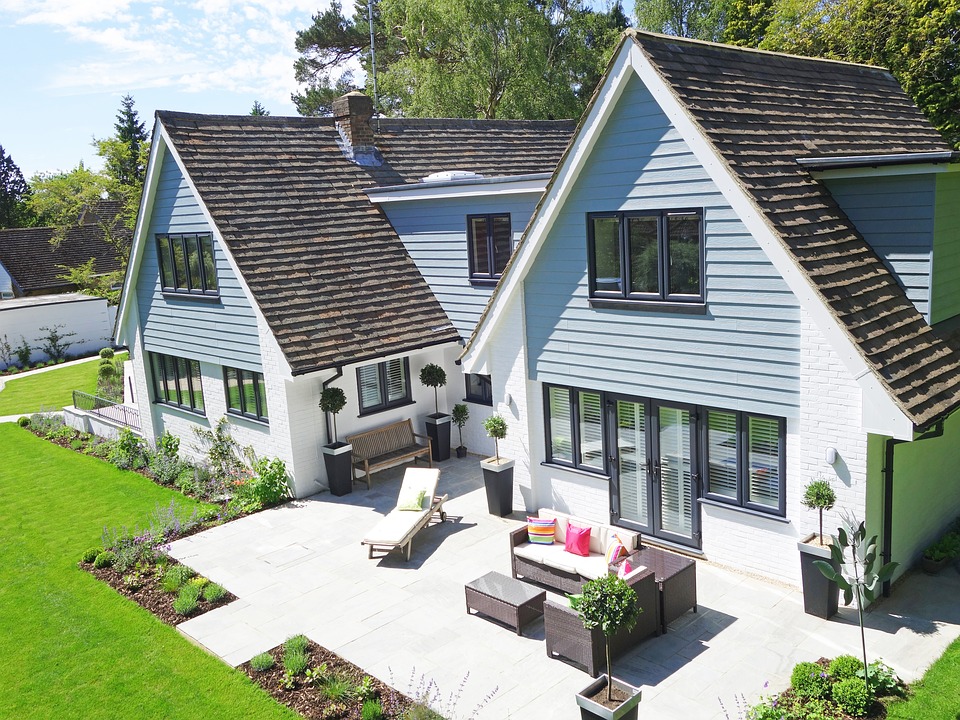There is nothing better than having access to fresh veggies, which you can grow it yourself. This guide features Home Gardening tips for Newbies. Even if you have never gardened before, you can increase your dream to reality, with these easy-to-follow steps.
Choose the Right Site
You need to place your garden in a strategic place, where you will keep your eyes regularly. That way you will be able to spend time much time in it. Sunlight also plays a critical role in the growth of most edible plants such as fruits, herbs, and vegetables. Locate your garden in a position that is exposed to sunlight for at least 6 hours a day.
Good Water Source
Your garden should be located near a source of water. If you can run a horse from the water source to your garden, you will not have to lug water when your plants are thirsty. Check your plants from time to time by pushing your finger an inch down into the soil. If it is dry, you need to water them.
Plan Your Crops in Fertile Soils
Crops grow well in a fertile soil that is well-drained. You can use organic fertilizers to improve the fertility of your soil.
Consider Using Containers
If you have limited space, you can grow some of your plants such as herbs, fruit trees, flowers, shrubs, berries, and vegetables on pots. The container should be large enough for the plant being hosted. Fill in the pot with fertile soil that will help the plant in the pot to thrive as well as protect the plant from over- and under-watering.

Choose the Right Plant
It is critical to growing plants that do well in your area. For instance, if your garden lies in a sunny spot, you need to grow
heat-tolerant plants such as pumpkins and melons. Do enough research to find out exactly the right plants that do well in your area. Find out your zone number to help you choose plants that grow better in your area. The higher the zone number, the warmer the climate. This means that if you find a plan that is hardy to zone 4 and your garden is in zone 5, then the plan is very likely to survive in your yard.
Timing is the Key
Know the right planting seasons for every crop in your area. Planting too early or too late can spell disaster for your garden. Know the expected spring frost dates and fall frost date to make sure that your plants will have harvested and moved indoors by the time the late cold season comes.
Mulch Your Crops Well
Mulching is a significant farm activity as it helps reduce weeds by blocking the sun and minimize water loss through evaporation. Apply a mulch of about 2 to 3 inches deep. You can use straw, pine straws, shredded leaves or any other locally available material for mulch.
Follow the about Home Gardening tips for Newbies to have a successful health garden. Note that plants look their best when they get the right nutrition and water. So keep feeding and watering your plants whenever it is necessary.

